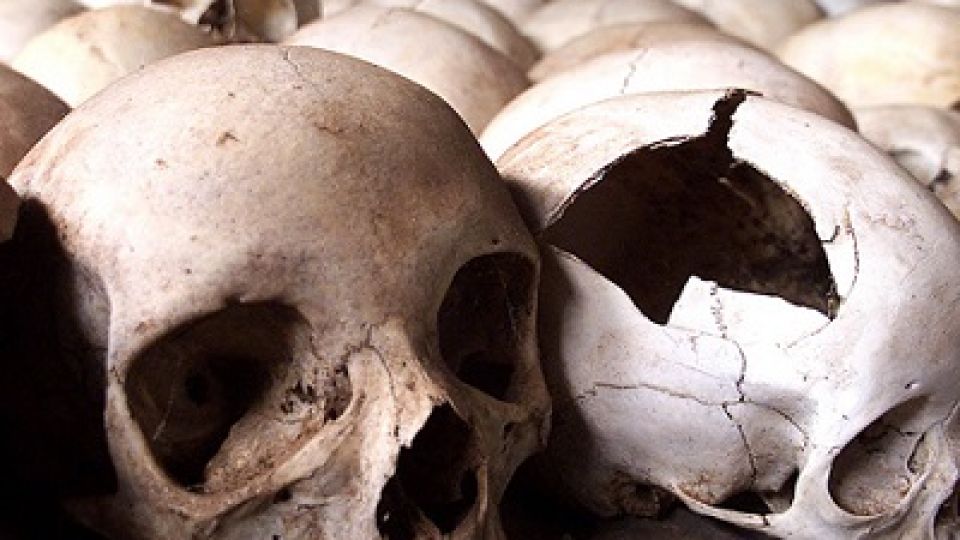from PHYLLIS BIRORI in Kigali, Rwanda
Rwanda Bureau
KIGALI, (CAJ News) – THE international community has been urged to urgently renew its commitment to ensure justice and accountability for the victims and the survivors of the Rwanda genocide.
The call comes ahead of the 30th commemoration of the massacres on Sunday.
An estimated 800 000 people were killed this time in 1994, including Hutu and others who opposed the genocide and the extremist government that orchestrated it.
While many perpetrators have been tried before national and community courts in Rwanda, as well as by the International Criminal Tribunal for Rwanda (ICTR) and by courts in Europe and North America under the principle of universal jurisdiction, recent developments underline the importance of urgently pursuing justice.
“Justice delayed is justice denied,” said Tigere Chagutah, Amnesty International’s Regional Director for East and Southern Africa.
“The confirmed deaths of several of the most-wanted genocide suspects before they could face justice, and the indefinite suspension of the trial of another indictee due to age-related illness, show the importance of maintaining momentum to deliver justice for survivors and relatives of victims in Rwanda.”
Between May 2020 and November 2023, the International Residual Mechanism for Criminal Tribunals’ (IRMCT) Fugitive Tracking Team confirmed the deaths of four of the most wanted fugitives indicted by the ICTR. The remains of Augustin Bizimana, Minister of Defence during the genocide, were identified in the Republic of Congo in 2020.
The IRMCT also confirmed that Protais Mpiranya, commander of the Presidential Guard, had died in Zimbabwe in 2006.
He had been charged with responsibility for the murders of senior moderate leaders, including Prime Minister Agathe Uwilingiyimana, the President of the Constitutional Court, the Minister of Agriculture and the Minister of Information, as well as ten Belgian United Nations peacekeepers.
It was also confirmed that Phénéas Munyarugarama, the commander of Gako military camp and the highest-ranking military officer in the Bugesera region during the genocide, had died in the Democratic Republic of Congo (DRC) in 2002, and that Aloys Ndimbati, mayor of Gisovu, had died in Rwanda in 1997.
In May 2023, another genocide suspect and ICTR indictee, Fulgence Kayishema, who had been in hiding for decades, was arrested in South Africa.
It was expected that he would be transferred either to the IRMCT in Tanzania or directly to Rwanda to face trial, but to date he remains in detention in South Africa facing immigration-related charges.
In August 2023, the trial of 90-year-old alleged chief genocide financier, Félicien Kabuga, who was caught after 26 years on the run, was suspended indefinitely due to age-related illness.
“To honour the memories of the victims of the genocide and to deliver justice for the survivors and victims’ families, we urge states to recommit to the tireless and timely pursuit of justice, including through prosecuting suspected perpetrators through universal jurisdiction where appropriate,” said Chagutah.
– CAJ News

